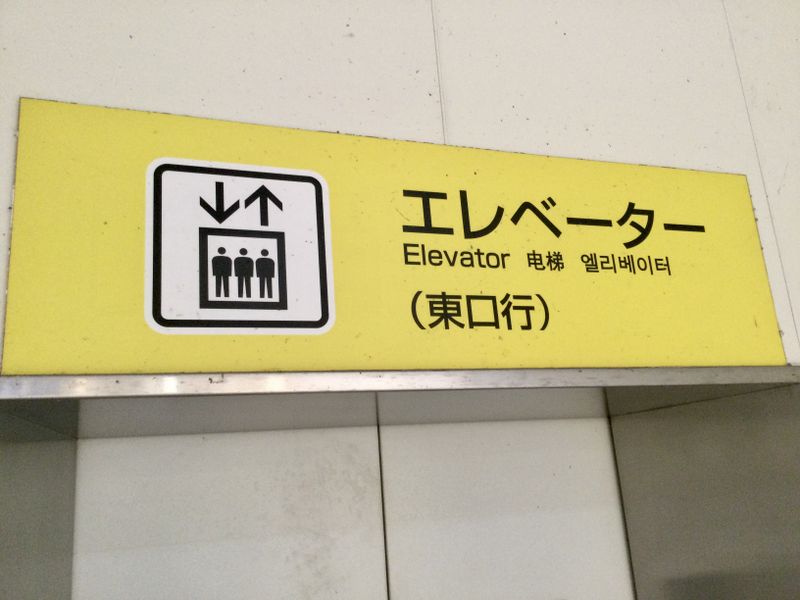Mar 24, 2025
English Language Matters: Official languages
My home country, Canada, enshrines bilingualism in its constitution. English and French have equal status and all federal government services are provided in both languages, and products, especially food, are labeled in both. Thanks to a rigorous education system, even though I’m removed from that context by 25 years, I can still comprehend texts and audio in French. Spoken? If pressed, I can manage basic communication in my other official language.

The Tobu train system's signage displays four languages
This issue came to mind recently when the New York Times reported on Trump’s executive order to make English the official language of the United States.
My other passport country, the UK, doesn’t have an official language policy. About a half million people speak Welsh, another 1.5 million speak Scots (a dialect of which my family speaks), and then there are Irish, Cornish, and other languages and dialects. Note that the progenitor of the English we use today came into wide use after Henry IV became king in 1399. To get a sense of the sound system of 1300s English, check out Medievalist Dorsey Armstrong. The London version of English won and became the foundation of English we use today.
So here in Japan you are immersed in 標準語, hyojungo, the standard version of Japanese. This language was initially based on Kansai dialect but shifted to the Kanto dialect when Edo became the capital of Japan. Even though the Edo version prevailed, you’ll still meet other versions. In my region of Chiba Prefecture, I encounter (and sometimes use!) sprinklings of dialect words and phrases. In the northern Chiba, some people still use the variant opesu for 押す osu, push. On either side of the Tone River in Ibaraki and northern Chiba, some people, when they’re hot, say kowai, which sounds like 怖い scary.
Yet you’re also exposed to signage, promotional stuff, and product labels which are peppered with English and other languages. It turns out that Japan is one of the countries in the world that doesn’t have an official language. You’ll see many languages on train station signage, restaurant menus, and descriptions of services. I'm often surprised by imported food packages in other languages with Japanese labels stuck on the back. There is no language law like my home country, Canada, which has strict requirements for prominent official language labeling on products.
Will Japan resist and continue without an official language policy?



0 Comments